EDITORIAL
Published on 10 Jan 2023
Editorial: Plasticity of inhibitory cells in health and disease
doi 10.3389/fnsyn.2022.1127609
- 2,091 views
9,820
Total downloads
64k
Total views and downloads
Select the journal/section where you want your idea to be submitted:
EDITORIAL
Published on 10 Jan 2023
REVIEW
Published on 29 Aug 2022
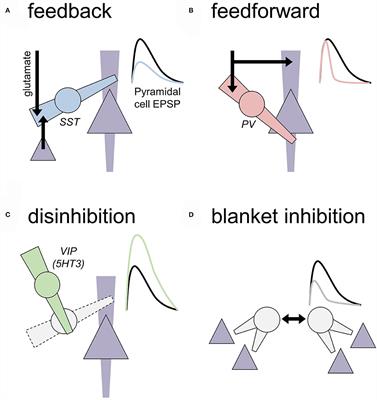
REVIEW
Published on 05 Jul 2022
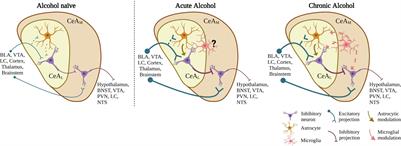
REVIEW
Published on 15 Jun 2022
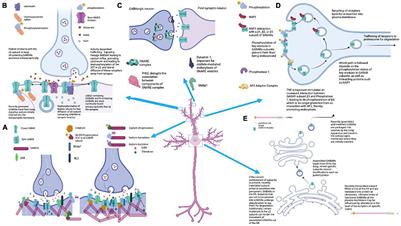
MINI REVIEW
Published on 19 May 2022
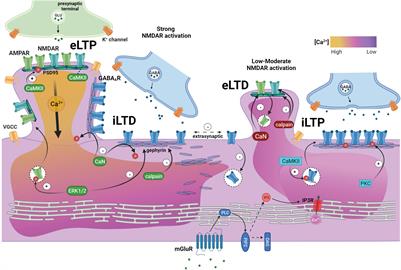
ORIGINAL RESEARCH
Published on 11 May 2022
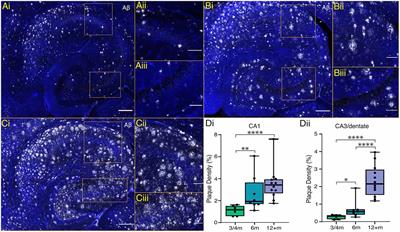
REVIEW
Published on 26 Jan 2022
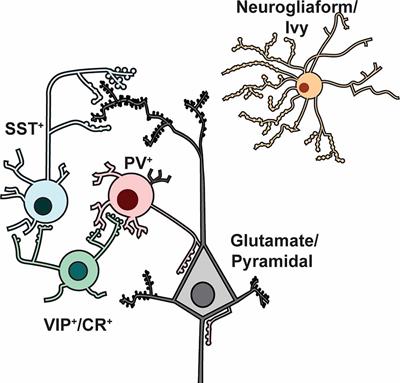
ORIGINAL RESEARCH
Published on 18 Nov 2021
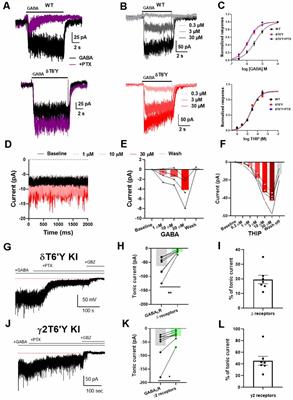
ORIGINAL RESEARCH
Published on 04 Oct 2021
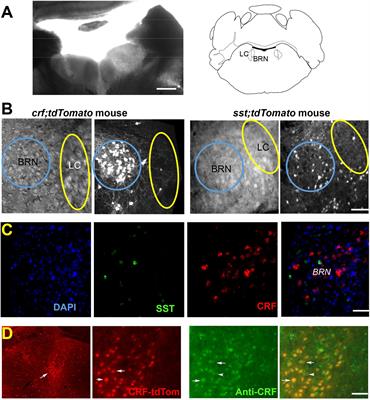

Frontiers in Behavioral Neuroscience
Frontiers in Molecular Neuroscience